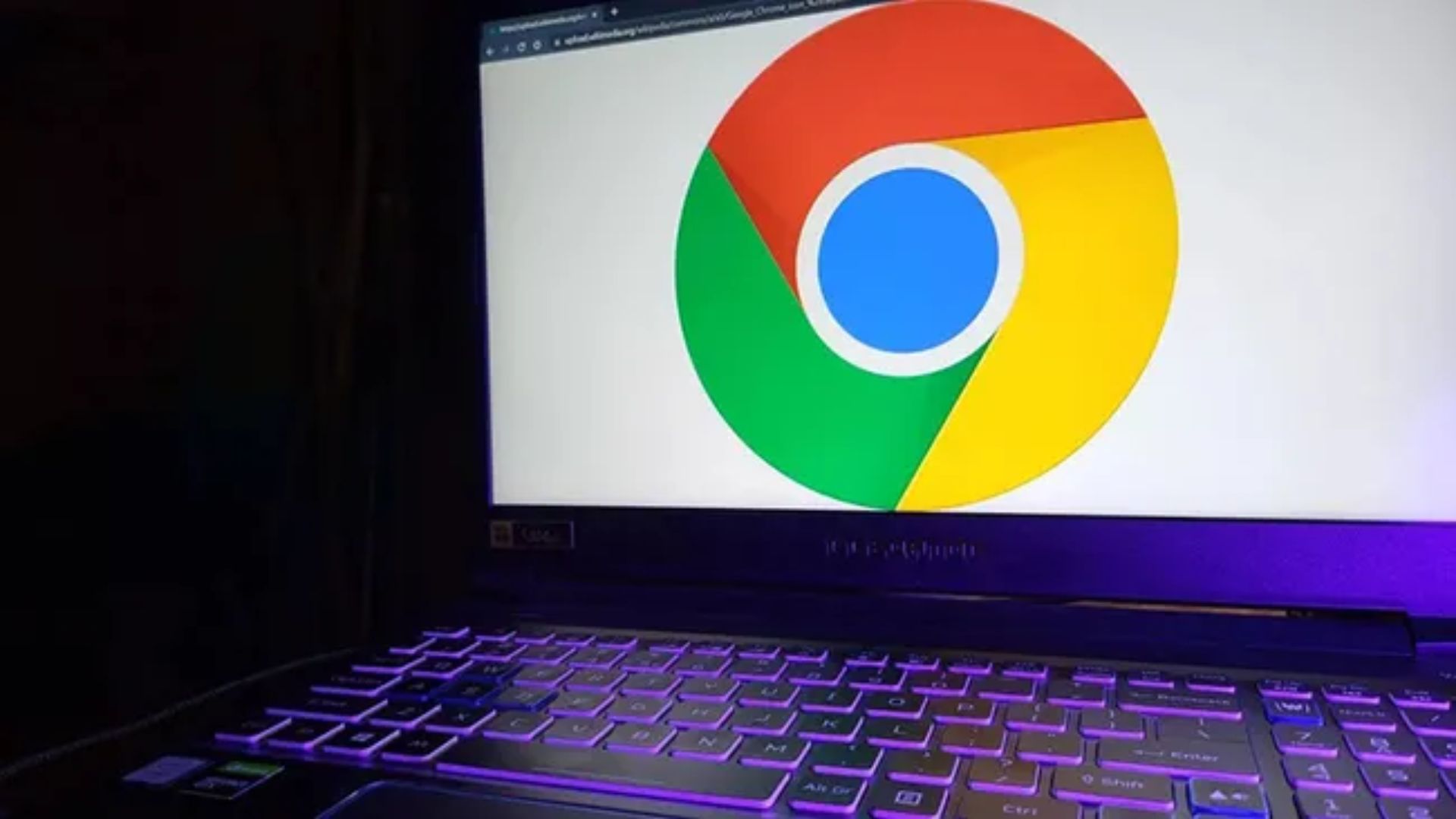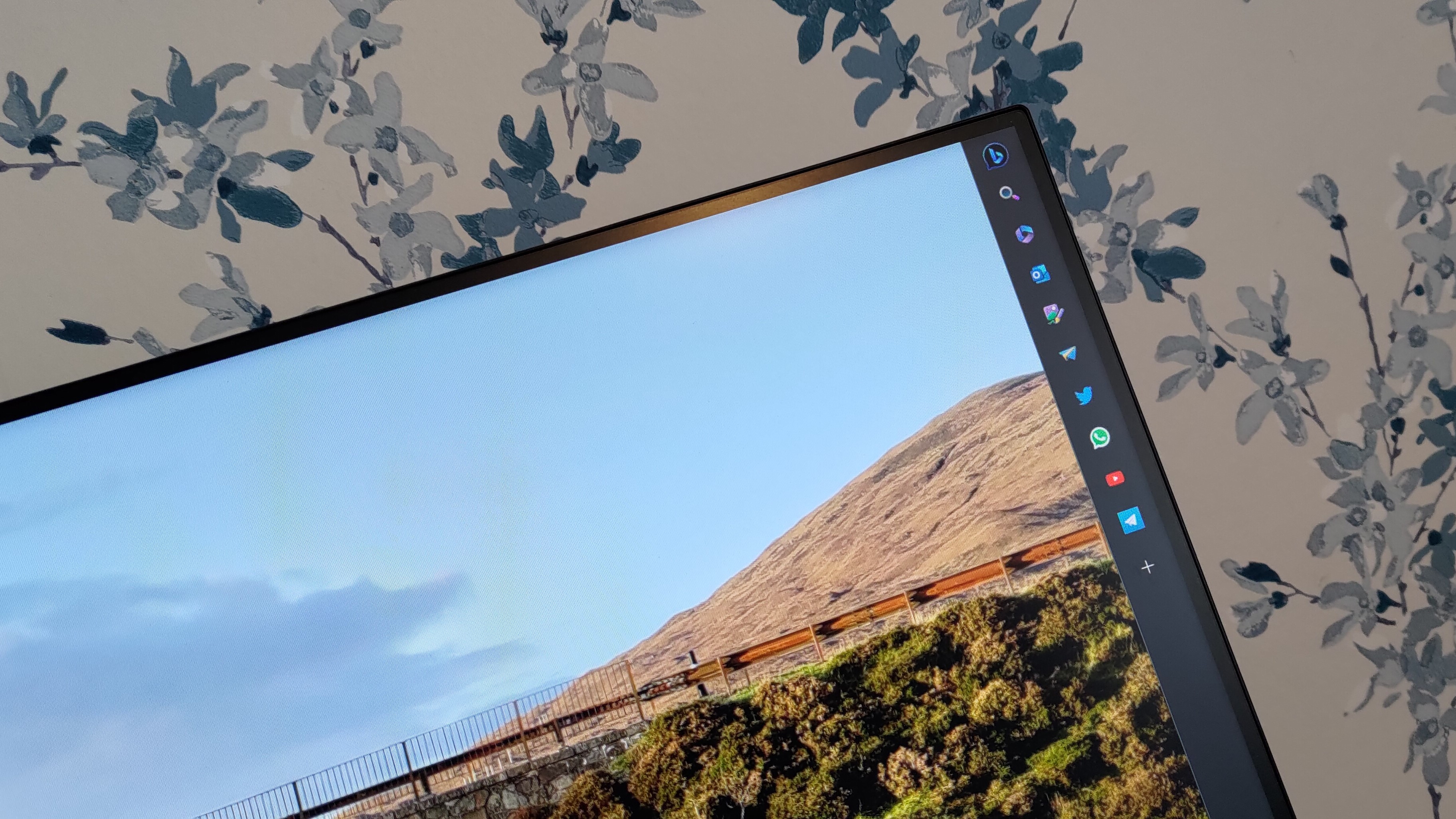Google might be cutting support for 'the world's most popular ad-blocker,' but this Windows Registry trick will help Chrome and Edge users keep intrusive ads at bay for a year longer
Using the Windows Registry, you can extend uBlock Origin's support in Google Chrome and Microsoft Edge for one year.

What you need to know
- Google is ending support for classic extensions in Chrome, including uBlock Origin, and transitioning to the Manifest V3 framework as part of its broader campaign against ad blockers.
- Through the Windows Registry, users can leverage the ExtensionManifestV2Availability Enterprise policy to extend Manifest V2 support in Chromium-based browsers for one year—until June 2025.
- DISCLAIMER: Tweaking the Windows Registry may brick your device. Proceed with caution!
Earlier this week, Google announced its plan to cut uBlock Origin support on its Chrome browser as part of its broader campaign against ad blockers across its products and services. Google's change in extension support from the Manifest V2 framework to V3 leaves over 30 million Chrome users susceptible to intrusive ads.
It's worth noting that the change applies to Chromium-based browsers, including Microsoft Edge, Opera, and more. It is expected to start rolling out via a new update soon. Consequently, uBlock Origin will no longer work across Chromium browsers or receive updates.
The company already released a new version of uBlock Origin that's Manifest V3 compliant — uBlock Origin Lite. While the Lite version sports most of the features in the original version, it falls short in some critical areas. For instance, it doesn't support dynamic filters for blocking scriptlet injection.
This hack will extend support for classic extensions on Chromium browsers for a whole year

Disclaimer
As always, tweaking your Windows Registry may harm or render your device unusable. Proceed with caution.
While the change is imminent across Chromium-based browsers, Mozilla's Firefox browser will continue supporting the Manifest V2 framework. A plausible workaround would be to transition to Firefox and continue using uBlock Origin and leveraging its capabilities.
However, you can stick to your Chromium-based browser and continue using uBlock Origin with the Manifest V2 framework.
As highlighted by TeamDJ on Reddit in the r/chrome subreddit, users can extend the support for Manifest V2 extensions using the Windows Registry with the help of the ExtensionManifestV2Availability policy designed for enterprise users.
Tutorial - Extend Manifest V2 - “ExtensionManifestV2Availability” Chrome Policy from r/chrome
Google intends to end support for Manifest V2 for home users immediately, though enterprise users can extend the framework's support by one year. Luckily, the same hack can be utilized by home users to extend support.
Get the Windows Central Newsletter
All the latest news, reviews, and guides for Windows and Xbox diehards.
Here's what you'll need to do, as highlighted by TeamDJ on Reddit:
- Open up the “Registry Editor” Program
- Navigate to Computer\HKEY_LOCAL_MACHINE\SOFTWARE\Policies\Google\Chrome
- With the Chrome folder on the left highlighted, select Edit/New/DWORD (32-Bit Value) <<<or, if you prefer, on the right side of the screen in a BLANK SPOT, you can RIGHT CLICK New/DWORD (32-Bit Value)>>>.
- Name it ExtensionManifestV2Availability and hit enter.
- Right click what you just created (ExtensionManifestV2Availability) and click Modify. Set the Hexadecimal value to 2, and click OK.
- You’re done, but check your work by opening Chrome, and pasting chrome://policy in the URL Address bar and hit enter. You should see the ExtensionManifestV2Availability policy, and the value should be set to 2. If you don’t see it, click “Reload Policies” and/or review your work.
You'll also need to restart your PC to apply the change. Your system will now have the ExtensionManifestV2Availability policy for Enterprise customers enabled, allowing you to use classic extensions on your browser until June 2025.
🎒The best Back to School deals📝
- 🎮 Seagate Xbox Series X|S Card (2TB) | $249.99 at Best Buy (Save $110!)
- 🕹️Xbox Game Pass Ultimate (3-months) | $29.49 at CDKeys (Save $21!)
- 📺LG C3 evo 4K OLED TV (65-inches) | $1,347.99 at Woot! (Save $1,151!)
- 💻HP Victus 15.6 Laptop (RTX 4050) | $599 at Walmart (Save $380!)
- 🎮Lenovo Legion Go (Z1 Extreme, 512GB) | $599.99 at Best Buy (Save $100!)
- 📺Amazon Fire TV Xbox Game Pass bundle | $82.85 at Amazon (Save $37!)
- 💻Lenovo ThinkPad X1 Carbon | $1,361.88 at Lenovo (Save $1,257!)
- 🎧Bose QuietComfort ANC Headphones| $249.00 at Best Buy (Save $100!)
- 📺TCL Class Q6 4K QLED TV (55-inches) | $319.99 at Target (Save $130!)
- 🕹️Hi-Fi RUSH (PC, Steam) | $9.39 at CDKeys (Save $21!)
- 🖱️Razer Basilisk V3 Wired Mouse | $49.99 at Best Buy (Save $20!)
- 🖥️Lenovo ThinkStation P3 (Core i5 vPro) | $879.00 at Lenovo (Save $880!)
- ⌨️Alienware Pro Wireless Gaming Keyboard | $149.99 at Dell (Save $50!)
- 👩💻Microsoft 365 Personal (15-months) | $69.99 at Antonline (Save $21!)
- 💻Dell XPS 13 (Snapdragon X Elite) | $1,099.99 at Dell (Save $200!)

Kevin Okemwa is a seasoned tech journalist based in Nairobi, Kenya with lots of experience covering the latest trends and developments in the industry at Windows Central. With a passion for innovation and a keen eye for detail, he has written for leading publications such as OnMSFT, MakeUseOf, and Windows Report, providing insightful analysis and breaking news on everything revolving around the Microsoft ecosystem. While AFK and not busy following the ever-emerging trends in tech, you can find him exploring the world or listening to music.
-
GraniteStateColin Ugh, I appreciate the security benefits, but have there been ny reports at all on whether MS may try to separate Edge from this to preserve parts of V2 support, or at least sustain better ad blocking capabilities?Reply
I know if you watch videos searched through Bing, they already have all ads removed. -
joshcsmith13 Also, are we sure that editing registry entries for Chrome (Computer\HKEY_LOCAL_MACHINE\SOFTWARE\Policies\Google\Chrome) will work for MS Edge??Reply
It was quite disappointing to read this article after the one released on Tuesday which said NOTHING about MS Edge. :(
